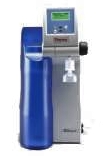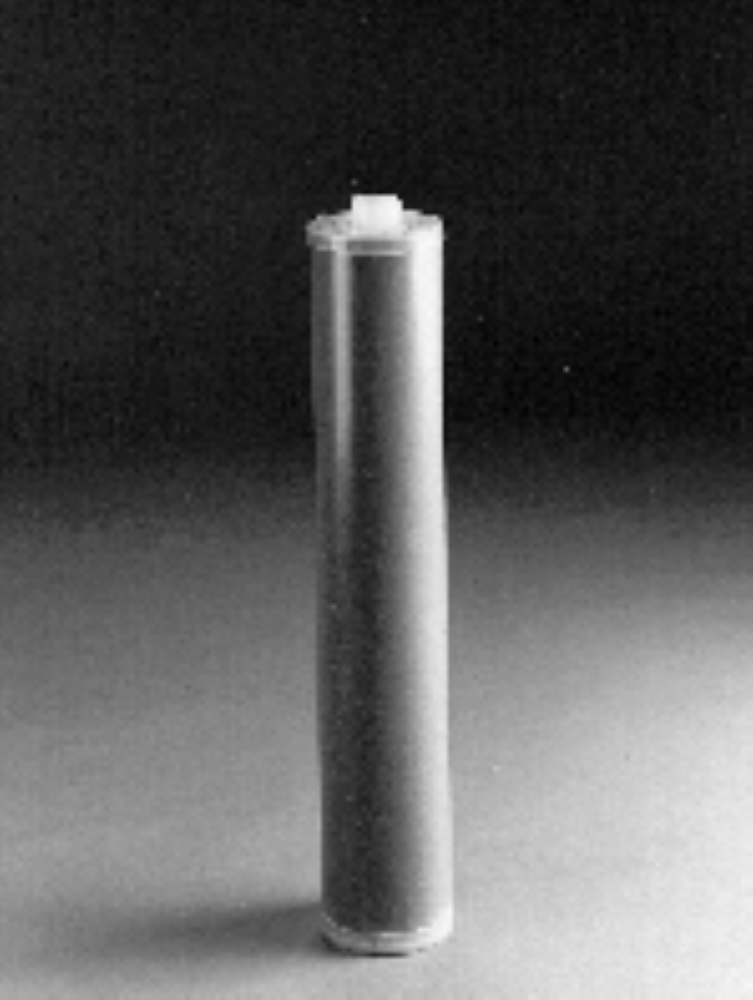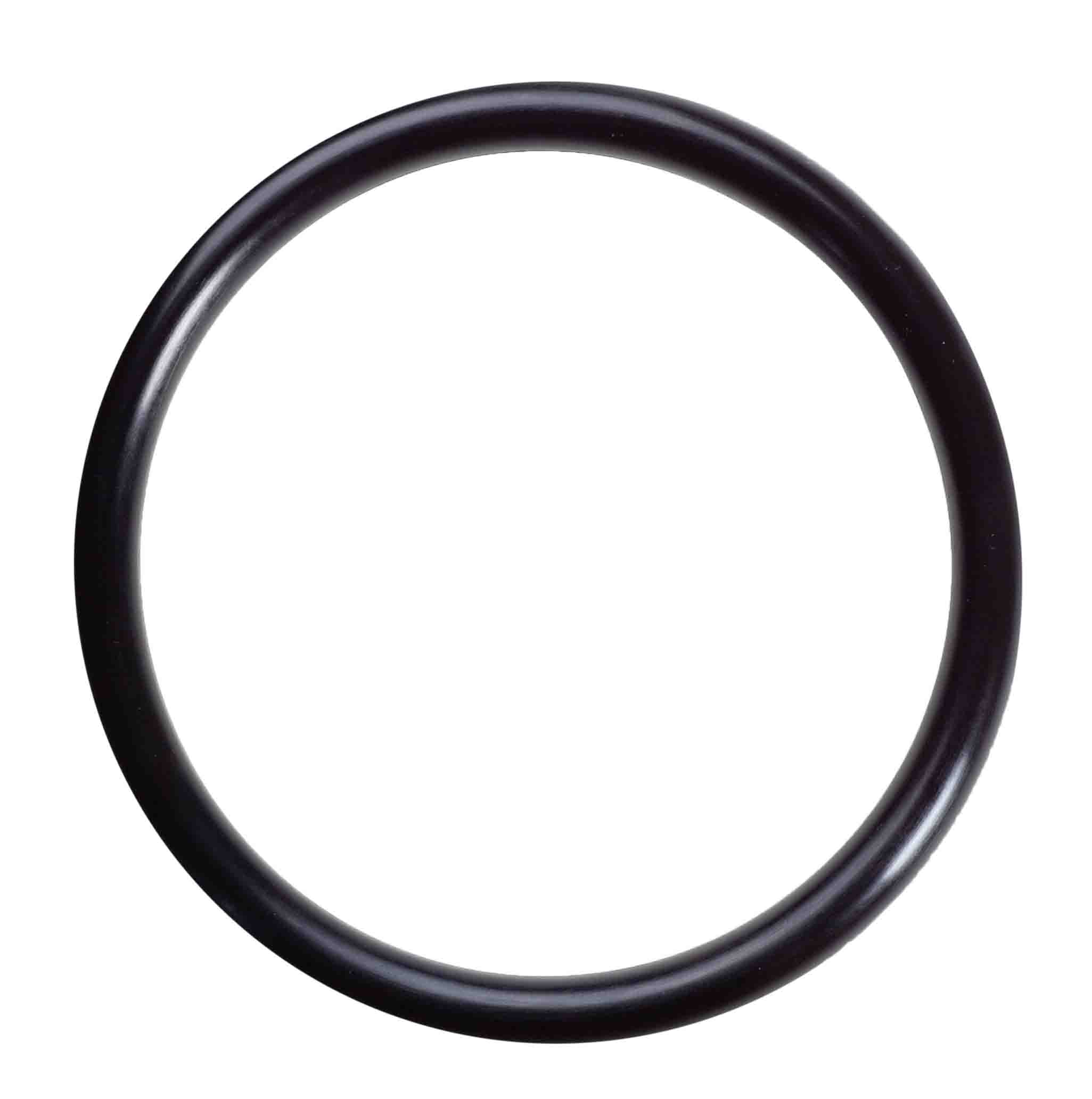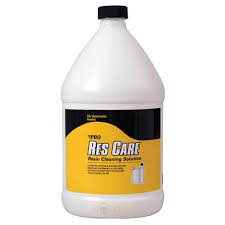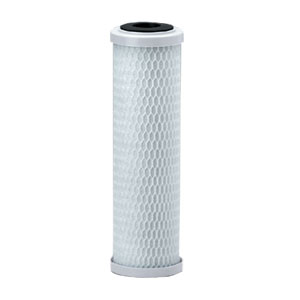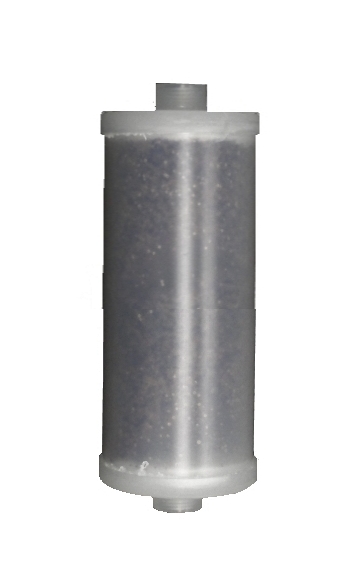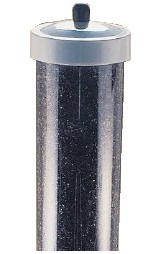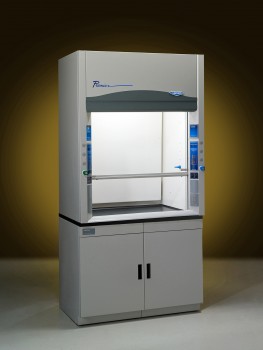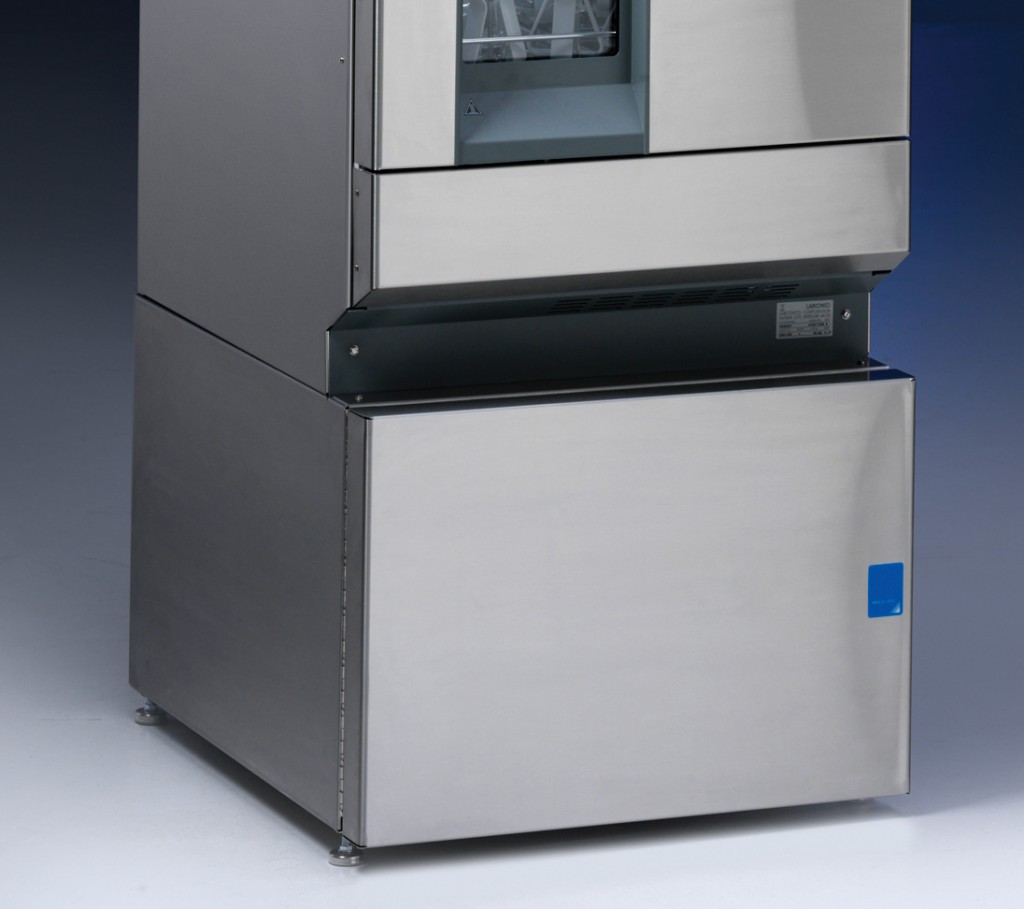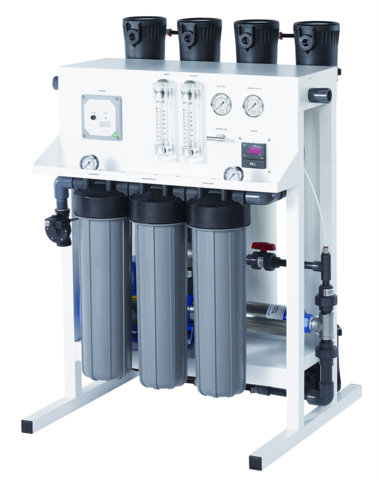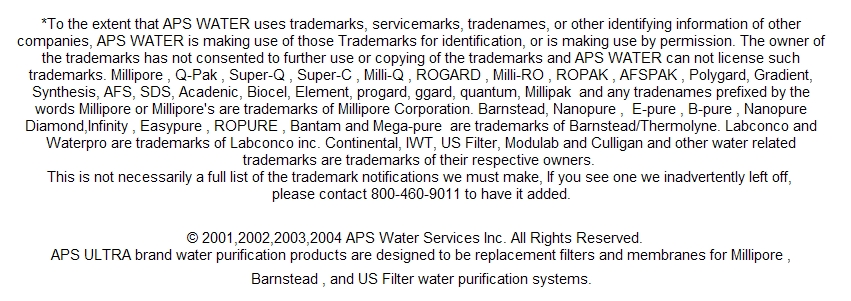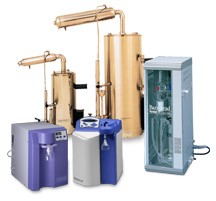 |
Need a New Laboratory Water System?
We have many to choose from. We can save you thousands on
Complete Systems and replacement filters for most brands. |
Escherichia coli O157:H7 and Drinking Water from Private Wells
What is Escherichia coli O157:H7?
E. coli O157:H7 (Ee Koe-lie) is one of the hundreds of strains of the bacterium Escherichia coli. Most strains are harmless and live in the intestines of healthy humans and animals. However, this strain, O157:H7, produces a powerful toxin that can cause severe illness. The bacteria can be found on a small number of cattle farms and can live in the intestines of healthy cattle.
How can I become infected with E. coli O157:H7?
Eating meat, especially ground beef, that has not been cooked sufficiently to kill E. coli O157:H7 can cause infection. Other known modes of infection include:
Eating contaminated sprouts, lettuce, or salami;
Drinking unpasteurized milk or juice;
Swimming in or drinking sewage-contaminated water.
Where and how does E. coli O157:H7 get into my drinking water?
E. coli O157:H7 is most commonly found on a small number of cattle farms where the bacteria can live in the intestines of healthy cattle. Millions of germs can be released in a bowel movement from an infected human or animal. E. coli O157:H7 may be found in water sources such as private wells that have been contaminated with feces from infected humans or animals. Waste can enter the water through various ways, including sewage overflows, polluted storm water runoff, and agricultural runoff.
What are the symptoms of an E. coli O157:H7 infection?
E. coli O157:H7 infection often causes severe bloody diarrhea and abdominal cramps. However, sometimes the infection causes nonbloody diarrhea or no symptoms at all. Usually there is little or no fever, and the illness goes away in 5-10 days.
In some persons, particularly children under 5 years of age and the elderly, the infection can also cause a complication called hemolytic uremic syndrome (HUS), which causes kidney failure. About 2%-7% of E. coli 0157:H7 infections lead to this complication. In the United States, HUS is the principal cause of acute kidney failure in children.
What should I do if I think I have an E. coli O157:H7 infection?
See your health care provider to discuss your concerns. All persons who suddenly have diarrhea with blood in it should have their stool tested for E. coli O157:H7.
How is an E. coli O157:H7 infection diagnosed?
E. coli O157:H7 infection is diagnosed by detecting the germ in a stool sample. However, most laboratories do not test for E. coli O157:H7. It is important for your health care provider to request that the stool specimen be tested for this organism.
What is the treatment for E. coli O157:H7 infections?
Most people recover without antibiotics or other specific treatment in 5-10 days. There is no evidence that antibiotics will improve the course of disease. In fact, treatment with some antibiotics might even increase the likelihood of kidney complications. Avoid all antidiarrheal agents, such as loperamide (Imodium), and consult with your health care provider.
How do I remove E. coli O157:H7 from my drinking water?
Heating water at a full boil for 1 minute (3 minutes if you live in a high altitude) will kill or inactivate E. coli O157:H7. Water should then be stored in a clean container with a lid and refrigerated.
Currently, there is no filter certified to remove bacteria from water. This issue is currently being studied.
You may also disinfect your well; contact your local health department for recommended procedures. Remember to have your well water tested periodically after disinfection to make sure the problem does not recur.
Revised Summer 2003
http://www.cdc.gov/ncidod/dpd/healthywater/factsheets/ecoli.htm
|

Images are representative of the products. Images may or may not be of the actual product. If it is important e-mail us for an actual image if available.
* Flat Rate UPS shipping when able to ship via UPS and is in the USA excluding Hawaii and Alaska.
Larger Items may not be able to ship via UPS, in that case freight charges will be quoted seperately.
International shipping will be quoted after the order is placed. You will have the opportunity to cancel before we finalize your order.
Terms and conditions
Credit Application
Privacy
Policy
Google Apps
List All Products
|



